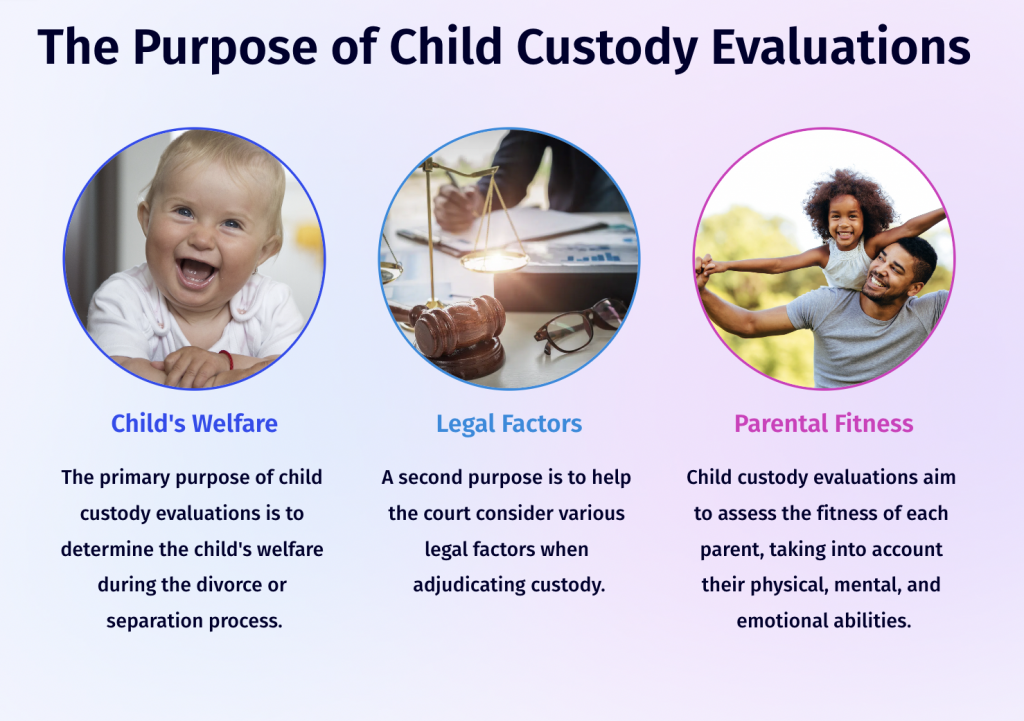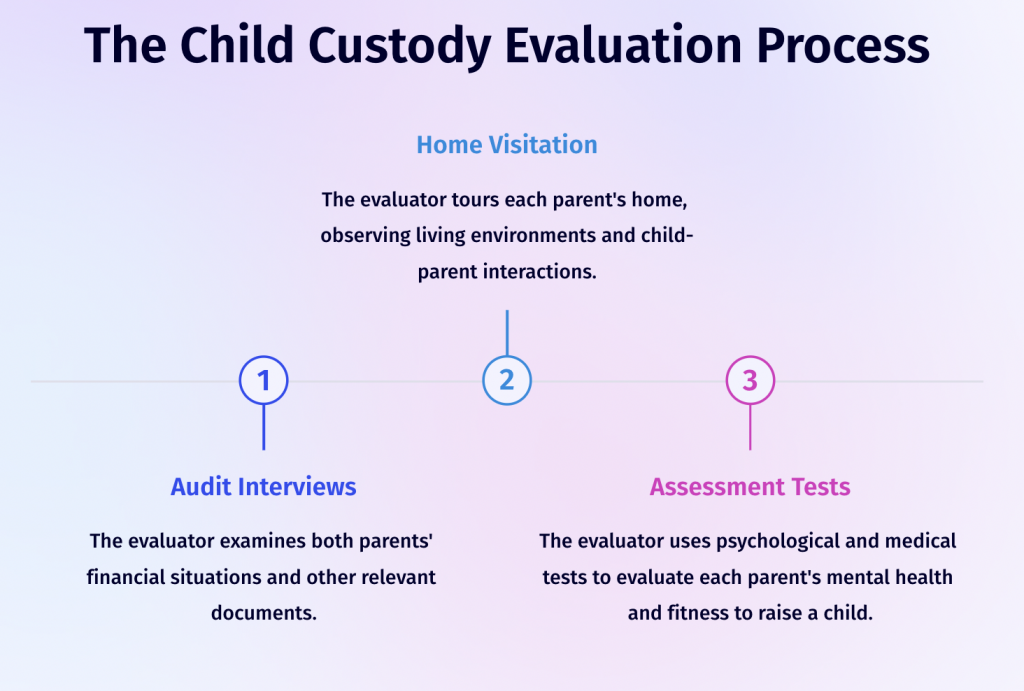Conclusion
Child custody evaluations in California play a crucial role in determining the best interests of children involved in custody disputes. These evaluations, conducted by mental health professionals, provide valuable insights into various factors affecting the child’s well-being, including issues such as domestic violence, substance abuse, mental illness, and special needs. Whether it’s a full evaluation involving extensive interviews, assessments, and document reviews, or a more focused assessment on specific issues, these evaluations provide valuable information to the court.
It is essential for parents to approach the evaluation process with sincerity, honesty, and respect. By prioritizing their children’s needs and demonstrating their commitment to the evaluation, parents can positively impact the outcome of the process. Seeking legal guidance, adhering to the evaluator’s requests, and maintaining a cooperative attitude can contribute to a fair and comprehensive evaluation.
While custody evaluations may involve costs and potential challenges, they serve as a valuable tool for the court in making informed decisions about parenting arrangements. The confidential report provided by the evaluator, along with other evidence presented during the trial, helps the judge determine the most suitable custody arrangement that serves the child’s best interests.
By understanding the evaluation process, adhering to ethical conduct, and actively participating in the proceedings, parents can contribute to a thorough and unbiased evaluation. Ultimately, the goal of child custody evaluations in California is to ensure that the decisions made regarding child custody prioritize the child’s well-being, safety, and long-term development.







